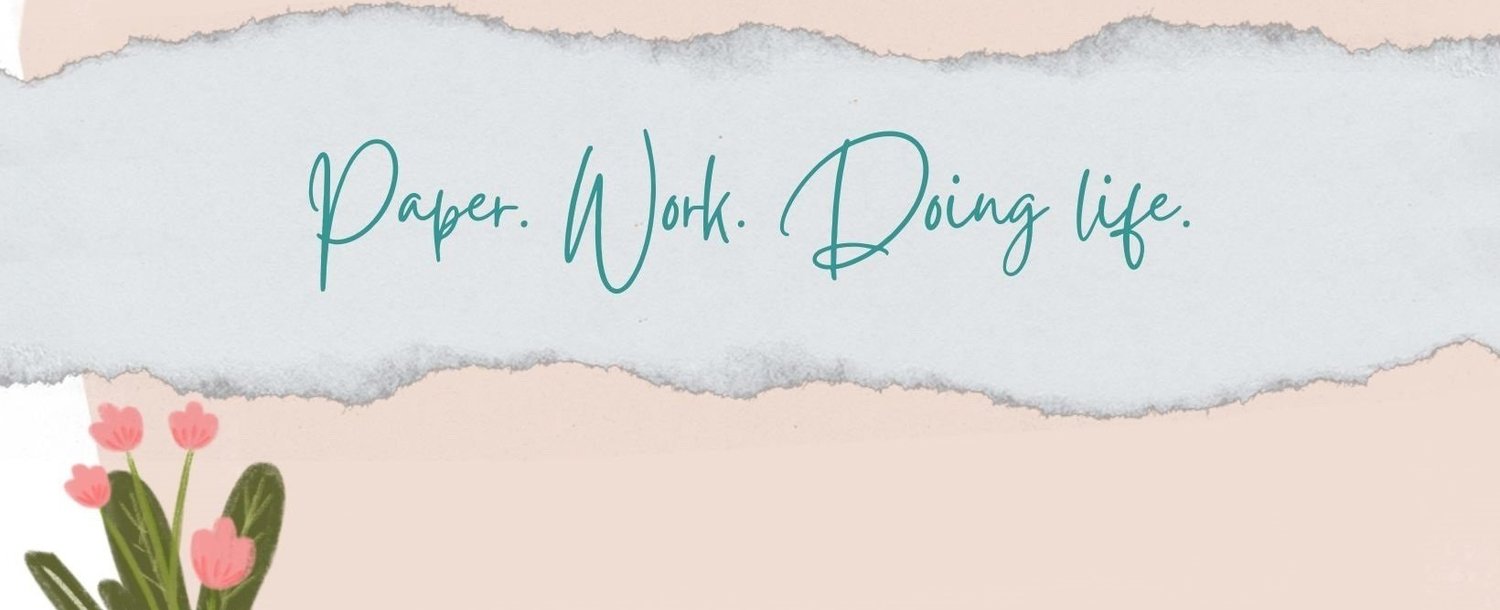Shred Sisters - Betsy Learner
Genre - Contemporary Fiction
I have been blessed with a sister who is my best friend. My daughter, much to her dismay, wasn’t blessed with a sister at all. Some sister relationships are fraught with drama. Betsy Lerner explores a complex sister relationship in depth in her upcoming novel Shred Sisters. Amy is the younger of the Shred sisters, but because of Olivia’s mental illness and all of the chaos that results, she often feels like the older or the only sister. From a very young age Olivia fights against her sister and her parents. She is first a free spirit and later in spite of or even because of treatment mentally unstable. Olivia refuses to accept the different diagnoses and medicines. Ultimately she rolls in and out of her family’s life at will. Most of her life Amy feels overlooked or challenged.
Amy struggles to function in the world (don’t we all at times?), and the reader can easily see the impact of Olivia here. She longs to be a stable professional with a stable marriage and family and, perhaps, to get the attention and respect of her parents in the process. She just struggles to get there. She works hard to be a researcher and can’t advance; she chooses poorly in relationships; and always, always - Olivia shows up and wreaks havoc in her fragile world. She perseveres; she sees a therapist; she doesn’t even necessarily blame Olivia, but life feels difficult. Olivia has her own struggles. Beginning with family rebellion, bad mental health care scars her early. Her difficulties are heartbreaking as her family wants so badly to do the right things for her. Luckily, she doesn’t disappear altogether, but her returns home generally raise expectations and lead to further heartache. I often found myself scared for her. Amy and Olivia’s parents battle struggles of their own - ultimately unable to meet Olivia’s needs and often unaware of Amy’s - their marriage doesn’t survive the trauma. Lerner creates complex, believable characters, and this reader felt their joys and sorrows. Through them she explores the impact of one difficult family member on them all. She creates a surrounding cast of folks who are also well developed and who help to highlight all that the Shreds have been through. Lerner is a compassionate writer as she shows us a world of broken people; she invites us to offer compassion.
Ultimately, Lerner celebrates the strength of this pair of sisters - Amy and Olivia Shred. Without giving anything away, the novel does end on notes of hope for these two and their parents. Lerner doesn’t offer a magical resolution for anyone, but she allows for them to see that relationships, therapy, and sisterly love, can prevail over a host of sorrows. I am reminded to be grateful for my sister - for the love and support that she offers me when others cannot. I am reminded that everyone may be just a little bit broken inside. When you get the chance read Shred Sisters by Betsy Lerner - she will challenge you perceptions in a very good way. Publishing October 1, 2924. Thank you to NetGalley and Grove Press for the Advanced Reader Copy in exchange for an honest review.





